Live In Bangkok With Family: Your Most Frequently Asked Questions Answered
Here’s everything you need to know what it’s like to live in Bangkok with family.
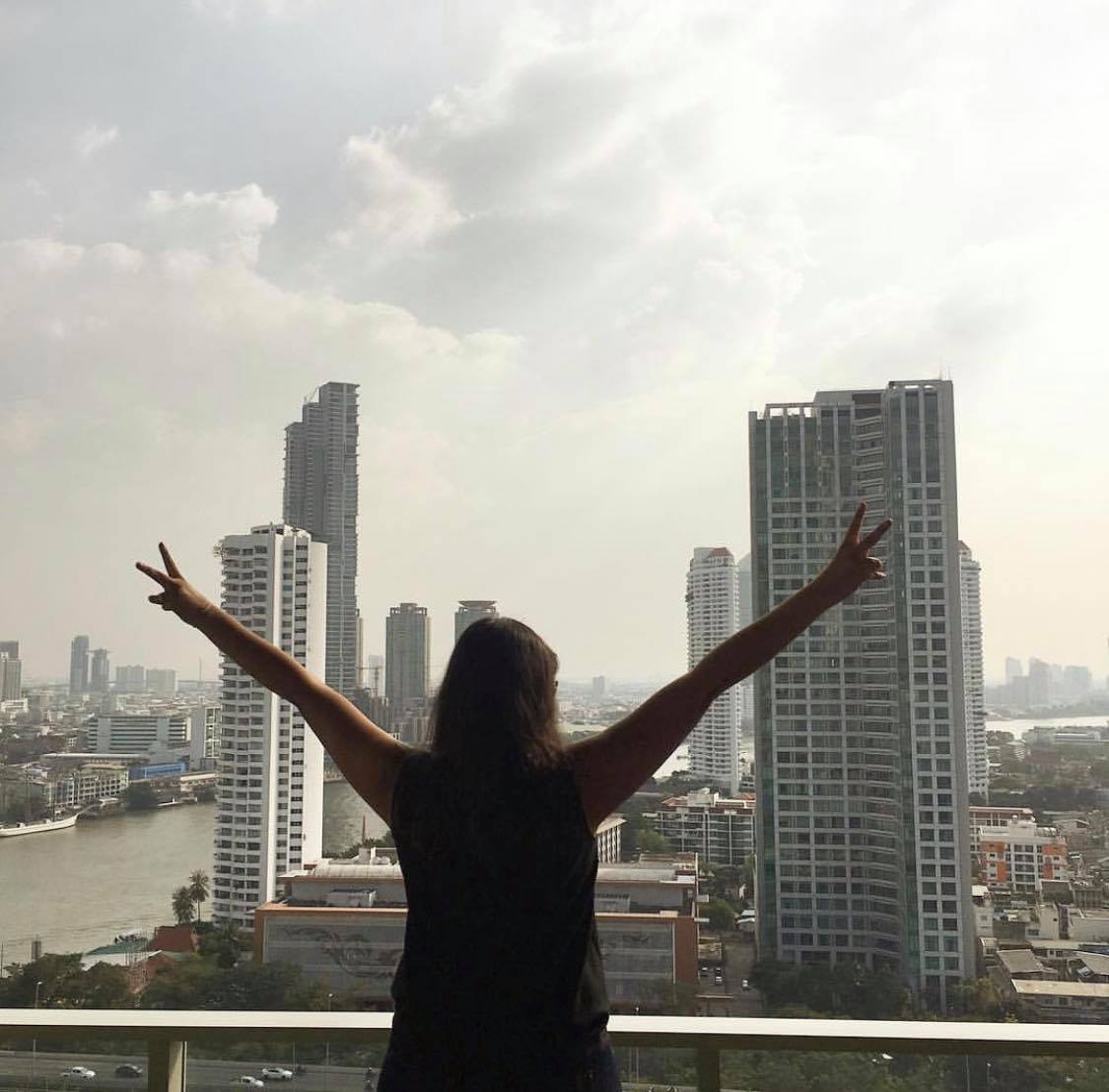
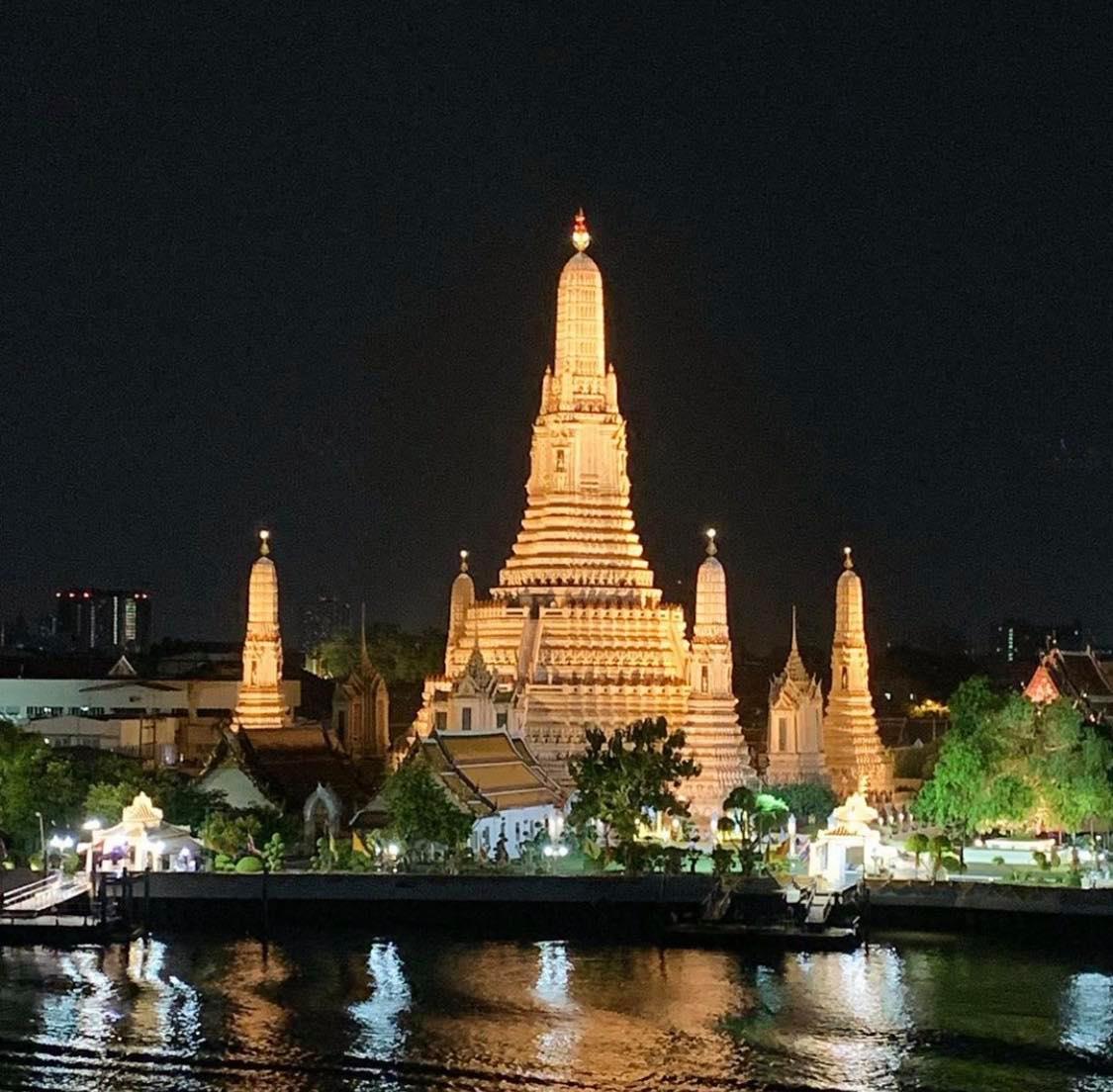
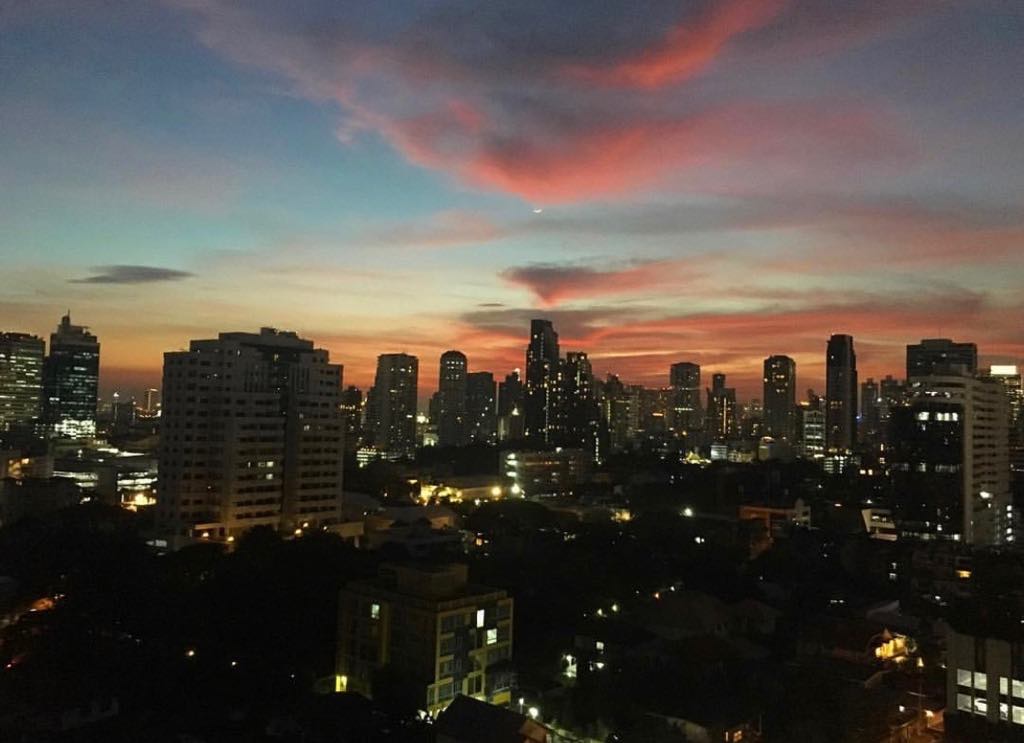
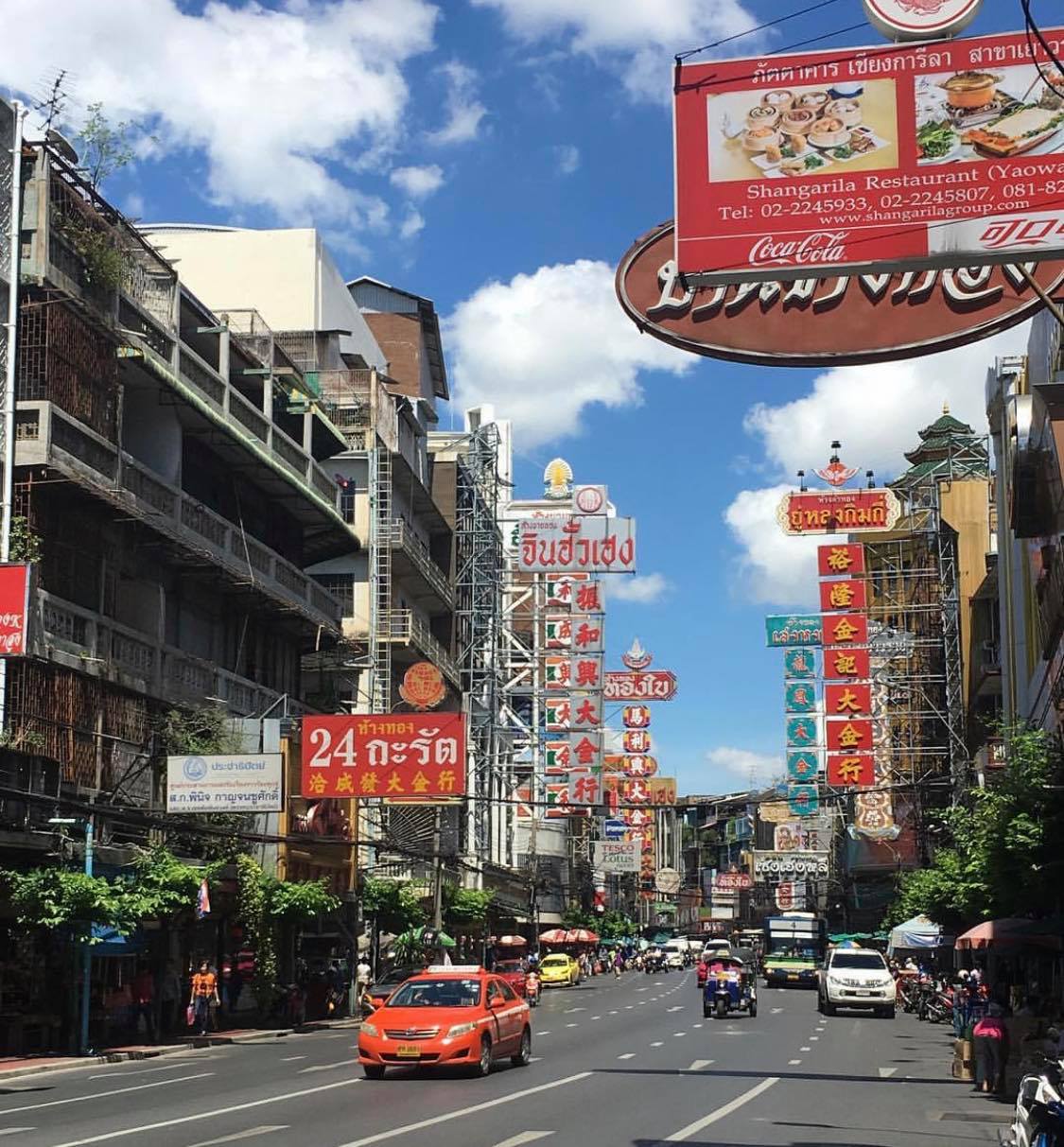
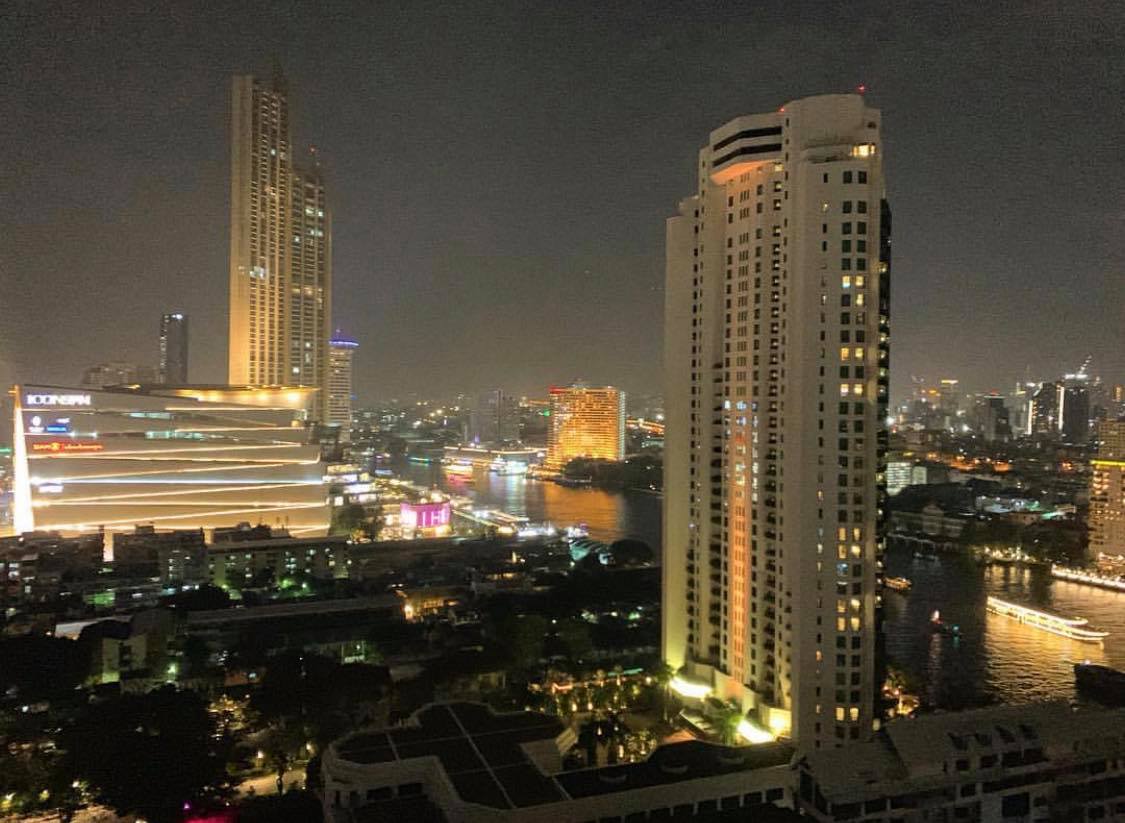
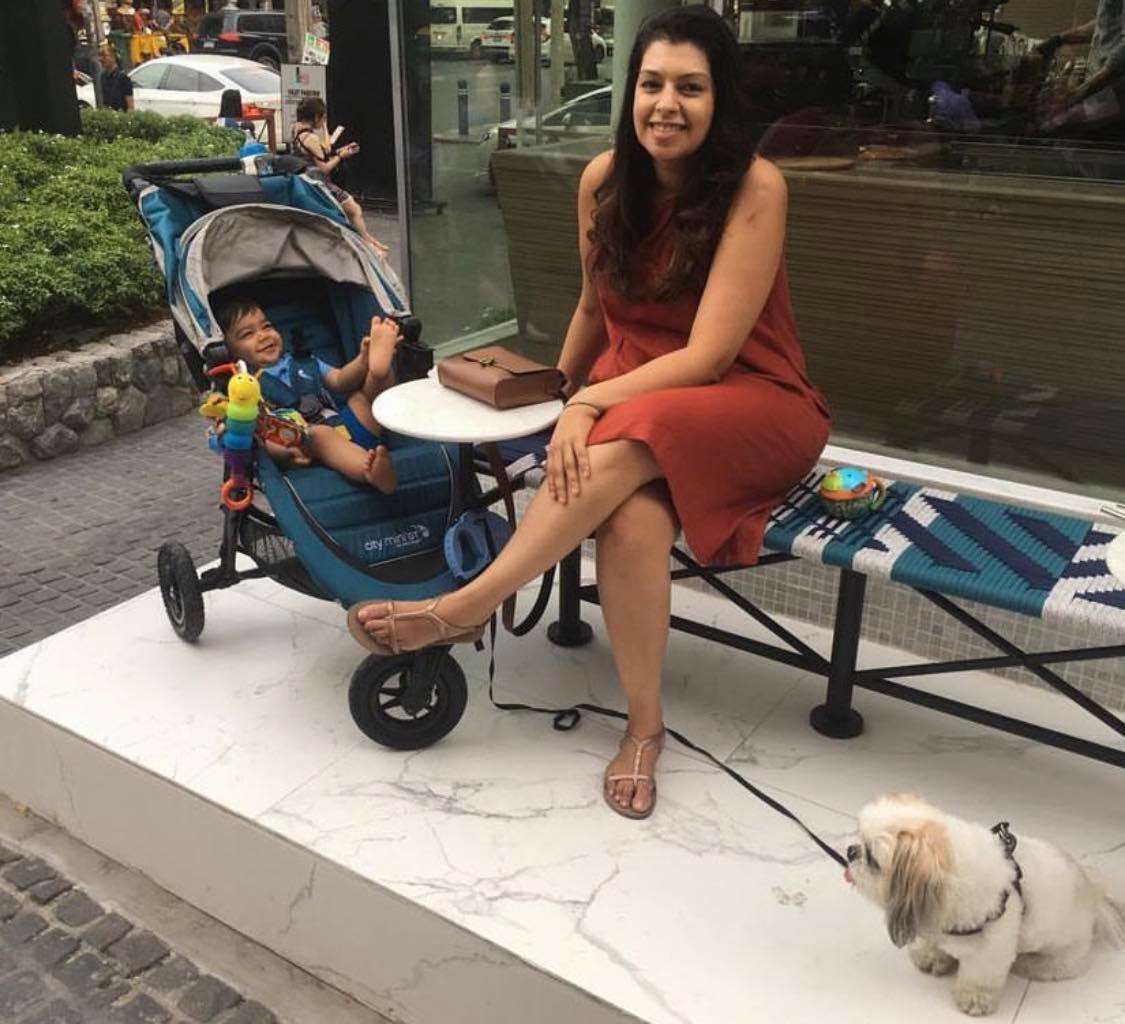
Table of Contents
What is like to live in Bangkok?
Bangkok is the capital city of Thailand. It is a big city with many different areas and neighborhoods connected by many big and small roads and highways. While public transport is available in the inner city limits, most locals and expats will prefer to travel by car because distances can sometimes be quite far and long (see more details in the commuting section below). Many of the locals can speak some English, but it’s important to note the Thai language is more prevalent and preferred when interacting with locals. Learning basic Thai can make life a lot easier.
The city is very modern with skyscrapers, condos, office complexes, large malls, international brands and hotel chains, restaurants, international schools, but there is also a lot of Thai culture present in everyday life. You will also see a lot of temples and Thai-style landed homes dotted all over the city. Buddhism is the main religion.
Bangkok overall offers a more laidback vibe compared to other Asian metropolis’ like Singapore and Hong Kong. It is more comparable to Jakarta in terms of lifestyle, layout and size.
What are the seasons in Bangkok?
Get prepared for hot and humid weather most of the year, if you plan to live in Bangkok with family. The dry summer season is from February to May and the monsoon season is from between June to November. Temperatures drop slightly between November to January and it get’s a little cooler and windy.
How do people commute and get around in Bangkok?
Bangkok has many modes of transport. Most local and expats commute in cars (privately owned and/or taxis/Grab) because Bangkok is not the easiest city to walk around in for two main reasons: there are many smaller interconnecting lanes known as sois, which do not have sidewalks and the hot and humid weather make it tough to be outdoors for long periods of time. Due to the number of cars on the road, it’s important to note that Bangkok is a traffic-heavy city.
Public transport is also available with the BTS elevated train system and MRT underground train system, which connect most of the city and its immediate suburbs.
Motorbike taxi is also a common sight around Bangkok because it can help navigate the smaller lanes and offer quick transport in high traffic.
Buses are also available, but expats will rarely use them.
What are the popular areas for expats and families with kids to live in Bangkok?
Deciding where to live in Bangkok is an important decision because of a few key factors:
- Consider your family’s daily commutes to school and work
- Convenient access to international stores and hospitals
- Easy access to public transport (sometimes traffic can get really bad!)
Most expats with kids in Bangkok live in one of the areas mentioned below:
Sathorn: Some expats will choose to live in the Sathorn area because it is close to many office buildings and there are international schools and pre-schools in the area too. Sathorn is considered Bangkok’s business district with many modern buildings, hotels and apartment buildings. Located in the inner city, it is more likely to find that expats are living in condos / apartments.
Sukhumvit: A lot of expats also live in the Sukhumvit area (between Chitlom and Ekkamai areas) because of easy access to Bangkok’s most popular international hospitals, eateries and malls and some international schools and pre-schools. Sukhumvit has a lot of apartment buildings both large and small and old and new and a range of facilities, so it can take some time to figure out what will suit your family. It is the “unofficial” expat hub of the city.
There are other areas of Bangkok in which some expats live but the ones listed above the most popular.
Is it common for expats to live in houses, apartments or both? How do I go about finding a home in Bangkok?
Most expats will live in apartments / condos because it is more convenient for inner city living. Most apartment buildings offer 24-hour security, swimming pool and gym. Some of the larger buildings will have playgrounds for kids and other facilities.
There are also many landed multi-storey houses (known as “moobaan” in Thai) around the city. Some will be in the older, Thai wooden style and some are modern, new and luxurious.
When it comes to house hunting the easiest and most popular way is to go with a real estate agent. You can also join the Bangkok Expats Facebook Group and ask for housing / real estate agent recommendations. Sometimes expats will be leaving Bangkok and will recommend their homes and/or landlords.
Are there international schools and pre-schools in Bangkok? What curriculums do they offer?
Bangkok has a lot to offer in terms of international schools and pre-schools. Deciding which one to send your children to will really depend on your preference for curriculum (British, IB, American etc), budget and location (i.e. where your home is and how long it will take to commute to school every day). There is a wide variety of schools available and it’s easy to get confused. To make the decision-making easier, narrow down choices based on the factors mentioned above, do school tours and speak to other school parents about their thoughts on the school.
Most international schools offer a private van (with a bus monitor to oversee children) to pick up and drop office children from home to school and back. It is quite a popular choice for a lot of expats who are working and may not be able to do school pick ups and drop offs. Other school transport alternatives include hiring a driver and using a private car or public transport such as the BTS.
Is hired help common? What kind of help is available? What’s the difference between live-in, live out, part-time and full-time? What are the typical hours and salary ranges? **Please note the info below is to serve as a guideline only.**
Hiring help is very common and popular in Bangkok and most local and expat households will have a range of hired help.
Help is available for the following tasks. but it is common to find and discuss with candidates to do a combination from the list below e.g. a cleaner who will also have some nanny-related tasks.
Cleaner / maid: Cleans the house including bathrooms. Generally includes brooming, mopping, dusting, laundry and ironing and sometimes general errands like groceries / dry cleaning (if discussed).
Nanny: Takes care of babies and children. Tasks include: meal prep for children only (possibly whole family, if discussed), playing with kids, going on playdates / playgroup, school pick up and drop off, staying overnight with children, if parents travel for work etc.
Cook: Hired to cook meals for the family. Tasks include: meal prep and cooking for whole family and cleaning up after.
Driver: Hired to drive the employer’s private car. Tasks include: office pick up and drop drop, school pick up and drop off and running general errands for the family.
Full-time: refers to working 10-12 hours per day on average. Full-time help can be either live-in or live out (more details below). The salary structure for full-time help is monthly and can range anywhere from 18,000 to 25,000 baht per month depending on the kind of help and tasks negotiated. Nannies and cooks or candidates in general with thesese skill sets tend to charge higher rates because of the special skills and experience they have.
Part-time: refers to working 3-6 hours per day on average. Part-time help is usually live out and they can be cleaners, nannies or cooks. The salary structure for part-time help is either hourly (i.e. paid daily / weekly) or a monthly salary can also be negotiated. The hourly rate for most part-time help ranges between 150-250 baht per hour.
Live-in help: typically full-time and lives with the employer in the employer’s accommodation. Some apartments will have a separate helper’s bedroom and bathroom. If not, usually a spare bedroom and bathroom within the accommodation is provided.
Live out help: does not live with the employer; they come and go at fixed times every day and work for a fixed number of hours. This option can be either part-time or full-time.
Things that that should be clearly discussed before hiring help: hours of work per day, working week (M-F or M-S), days off and public holidays, overtime pay (if any) for any work done outside the negotiated work hours, tasks to be done and the way they should be done, use of phone and devices while working, breaks during the working day, use of employer’s kitchen and food provisions for personal use vs a separate food allowance and access to a TV (or device with YouTube / Netflix).
Most expats will have help that work either Monday to Friday or Monday to Saturday. Salary and benefits given to the help are at the discretion of the employer and hired help.
Related:
A Quick Guide to Hiring a Nanny in Bangkok
What are the options for healthcare, insurance and hospitals for expats? What are they like?
Most expats will have health insurance provided by their companies/employers and/or purchased separately and will go to private hospitals in the city centre.
International-level and high quality healthcare and hospital facilities are available in Bangkok. These are private and more expensive than the public, government hospitals, which is why having adequate insurance is necessary. All doctors and staff are Thai nationals but speak a good level of English.
The most popular hospitals for expats include: Samitivej Sukhumvit Hospital, Bumrungrad Hospital, BNH Hospital, Bangkok Hospital and Sukhumvit Hospital.
What’s expat life in Bangkok like? Is it easy to make friends for myself and my kids?
Like any other big cosmopolitan city, there are lots of expats living in Bangkok long-term or for the short-term. Most expats live in the inner city between the Sathorn and Sukhumvit areas and in these areas there are plenty of modern international apartments, restaurants and bars, cafes, malls, schools and hospitals. Bangkok is a very expat-friendly city. To make life even easier, I would recommend learning some basic Thai as it can really help you feel more settled.
In the beginning it might take some time to get your bearings, but once you and your family are settled living in Bangkok, it’s pretty easy to meet new people and make friends (either in your neighborhood or apartment complex, through work or your child’s school). There are lots of online resources for expat parents that make settling into life in Bangkok easier. Check out: BAMBI (Bangkok Mothers and Babies International) and BKK Kids. There are also lots of international organizations and chambers of commerce you can join for personal and professional networking purposes.
I hope you find this post helpful. Please let me know your thoughts and any other questions you might have about moving to Bangkok and life as an expat here.

Hi would Bangkok be a good place for English family to live? 3 children aged 7, 4 and 11 mths. Have previously lived in HK
Hi Gemma! Bangkok can be a great place to live with your family. There are lots of expats from all over the world living here with their children and families. If you have any specific questions, feel free to email me or sent me a DM on Instagram. Happy to chat further 🙂
Hello – The international schools are so expensive, it’s unbelievable.. can you suggest some good around Sathorn which is multicultural and as well as not overly expensive.
Hi Khushi! Thank you for your comment. Unfortunately, most international schools in Bangkok are quite expensive. Popular international schools in Sathon are St Andrews and Garden International School.
I also recommend that you contact the schools directly, set up a tour, and speak with the admissions department.